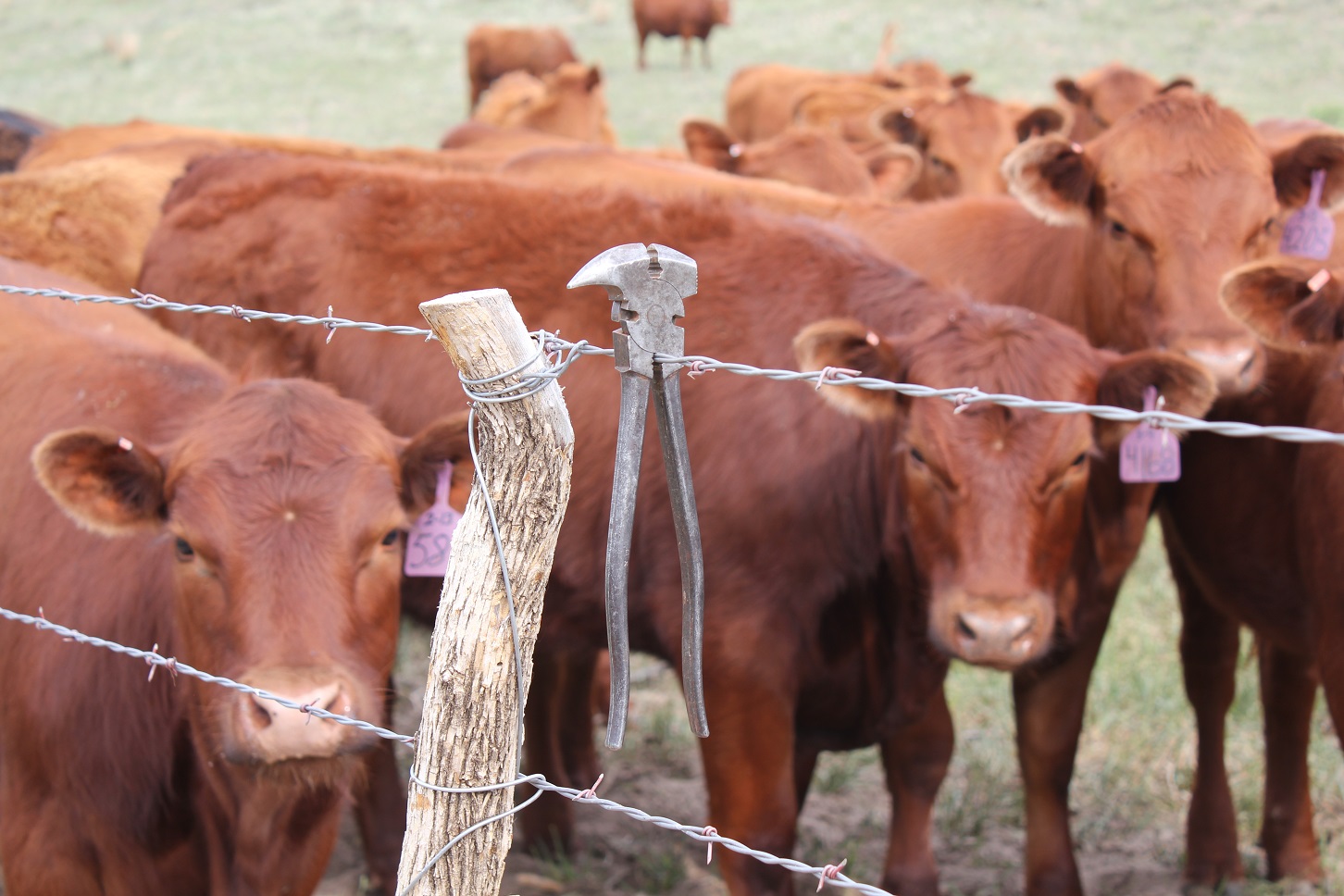
By Robert Tigner, Nebraska Extension Agricultural Systems Economist
As has been said many times, “You can’t make a first impression twice.” And the same goes for bringing in a new employee into a farm or ranch. A good practice is to follow a Standard Operating Procedure (SOP) for the new employee orientation. Let’s look at a suggested SOP for new employees.
1) Background and overview of the farm or ranch: The new employee can benefit from an understanding of the full operation of the farm or ranch. The layout of the farm or ranch, the introduction of the new employee to current employees and all the management. This is a good time to discuss the history and goals of the farm or ranch. In the future an employee can then make suggestions for changes or improvements to the farm or ranch based on their understanding of the goals of the farm or ranch.
2) Employment policies: All farms and ranches can benefit from an employee policy document. The process of developing one forces the farm or ranch to think through issues they may have to deal with at some time. The policies document also assures that all employees are treated equitably. Intake or orientation is the time to introduce the new employee to the farm policies.
3) Introductions: Introduce the new employee to current employees and suppliers. During these introductions, the current employees should be told what responsibilities that the new employee will have and what the chain of command will be. This helps everyone understand the roles and responsibilities of all the employees and eases the new employee into the farm operations. An organizational chart helps here.
4) Job Duties: During the hiring process, the new employee will certainly have a basic understanding of what the new job will entail. But now is the time for the employer to get into more specifics of the job responsibilities. But also this can be the time when more extensive training can begin. Even though the new employee will likely have a number of the skills the employer sought, he or she won’t know the specific way your operation does something. This training period will set the employee up for success and contribute to the farm or ranch operation.
Mentoring should also be considered as part of the intake process for a new employee. The mentor provides training and a sounding board for the new employee. The mentor can also be the person who helps the employee become part of the work and social network at the farm or ranch. That networking can improve job efficiency and effectiveness.
New employee orientation should be consistent. This means the same person should conduct orientation of all employees and should follow a standard procedure. Write down the process to assure all of the aspects of orientation take place. The procedure development should include key farm and ranch personnel thus providing buy-in on the orientation process. If any documents are to be given to the new employee, have them ready for the new employee when he or she arrives for their first day of the new job. This presents a professional image to the new employee and starts the new job off on the right foot.
To listen to BeefWatch podcasts go to: https://itunes.apple.com/us/podcast/unl-beefwatch/id964198047 or paste http://feeds.feedburner.com/unlbeefwatch into your podcast app.